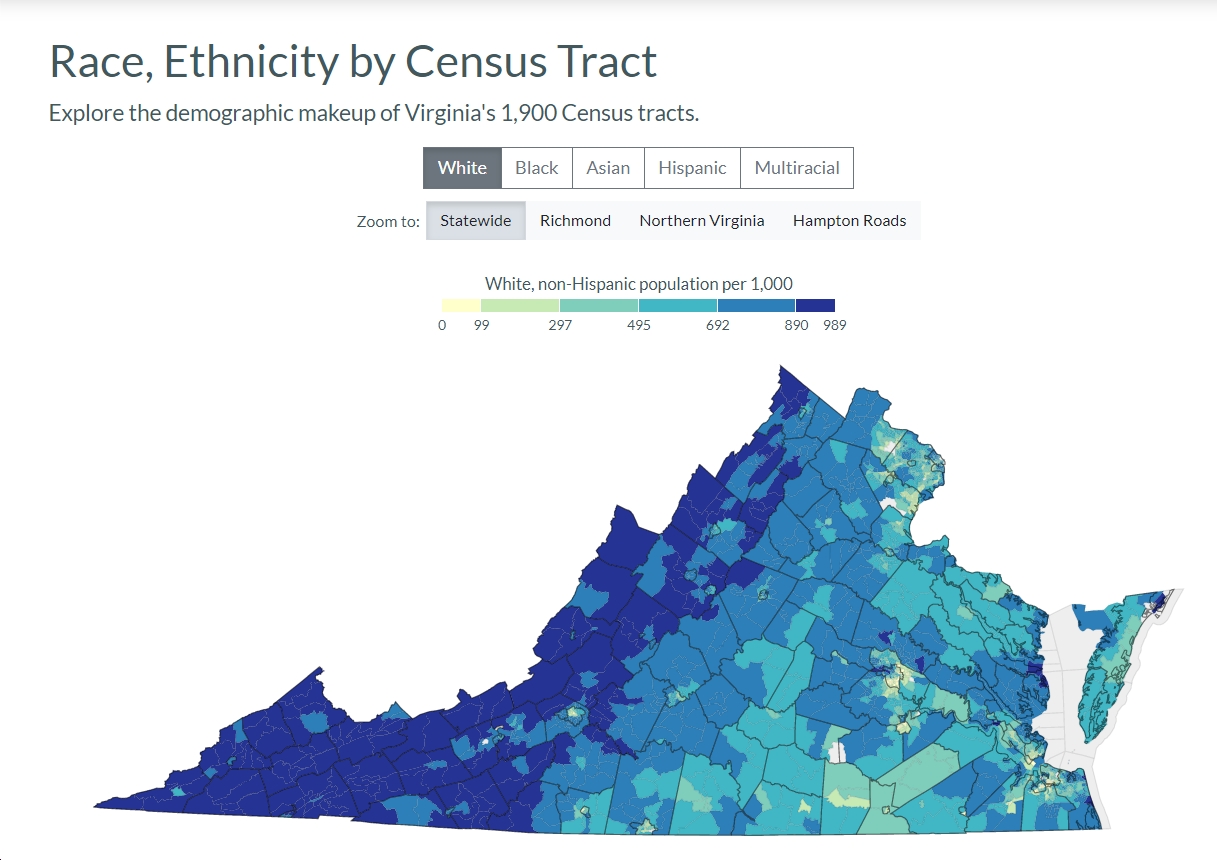by Rose Hendricks and Chris Wiegard
2021 so far has been a watershed year on climate change. Both nationally and internationally, the tremendous summer heat and the resulting wildfires and extreme flooding events have been impossible to ignore. Hundreds of Americans have lost their lives. Although we worry every day about climate change — both about the effects we will experience in the future as well as the ones we’re already feeling today — we’re heartened by the fact that we’re far from alone. According to surveys conducted by the Yale Program on Climate Communication and the George Mason University Center for Climate Change Communication, more than half of all Americans (54%) are either concerned or alarmed about climate change. The majority of us now see that climate change is a grave threat and that we need to do something about it.
As volunteers with Citizens Climate Lobby, we have connected with a supportive community of fellow climate activists who are eager to grapple with difficult questions about what we, as a society, should do about climate change. We have reached the conclusion that climate solutions must chart a pathway for human survival, and in doing so, they must provide justice for communities who have been and continue to be most harmed by fossil fuels.
We have learned of the long history of environmental injustice in our nation and across the globe. Many communities of color have been exploited by the fossil fuels industry. Members of such communities have been poisoned by chemical wastes, subjected to automobile exhaust gases or power plant emissions that drive asthma, and had their home values driven down.
If we are going to put an end to environmental racism, we must stop using fossil fuels. But the cheapness of fossil fuels is held up by some as a defense — don’t communities of color need cheap energy? This is a dishonest argument for two reasons: First, because no community needs something that kills them, and we know that fossil fuel energy continues to kill people through air pollution and by making extreme weather events like Hurricane Ida more deadly. This is especially true for people of color, who are more likely to live in places that are more vulnerable to disasters. This argument is also dishonest because fossil fuel energy does not need to be the only cheap energy. We have many options in the policy toolbox that would decrease the costs of clean energy to put it on an equal playing field with fossil fuels, which are currently only so cheap because our government subsidizes them, and because emitters are not compelled to pay the costs of their wastes.
We like the concept of including a carbon price in the various legislative efforts to reduce carbon emissions. It should not be free for fossil fuel companies to pollute, as it is now, because the effects of that pollution are certainly not free for any of us — especially for communities of color. Pricing carbon can begin to right some of the injustices wrought by the fossil fuel industry against communities of color, not only because it would force polluters to pay for the harm they’re inflicting (and thus incentivize them to stop inflicting that harm), but also because the revenue generated from such a fee can be used in ways that bring the greatest benefits to those who have been disproportionately harmed.
Encouragingly, a carbon price is under consideration in the budget reconciliation bill currently being negotiated in the Senate. Although the details of the proposal are not yet clear, a rebate to low- and middle-income households is likely to be included, in part because this would allow the Biden administration to keep its commitment to not increasing taxes on such households. An analysis by the independent organization Resources for the Future reveals that a carbon price along the lines of the corporate polluter fees currently under discussion in the Senate remains essential to reaching Biden’s goal of reducing emissions 50% by 2030. We have a small window of opportunity as Virginians to voice our support for this bill. By contacting our Senators — Sen. Mark Warner, who is a member of both the Budget Committee and Finance Committee, and Sen. Tim Kaine, who serves on the Budget Committee — we have an opportunity to increase the chances that our federal government will pass a budget reconciliation bill that meaningfully reduces our emissions in a way that begins to right some of the many injustices that the fossil fuel industry has perpetuated against low-income and communities of color.





![Sunday News: “Trump Is Briefed on Options for Striking Iran as Protests Continue”; “Trump and Vance Are Fanning the Flames. Again”; “Shooting death of [Renee Good] matters to all of us”; “Fascism or freedom? The choice is yours”](https://bluevirginia.us/wp-content/uploads/2026/01/montage011126.jpg)
![VA DEQ: “pollution from data centers currently makes up a very small but growing percentage of the [NoVA] region’s most harmful air emissions, including CO, NOx and PM2.5”](https://bluevirginia.us/wp-content/uploads/2026/01/noxdatacenters.jpg)











